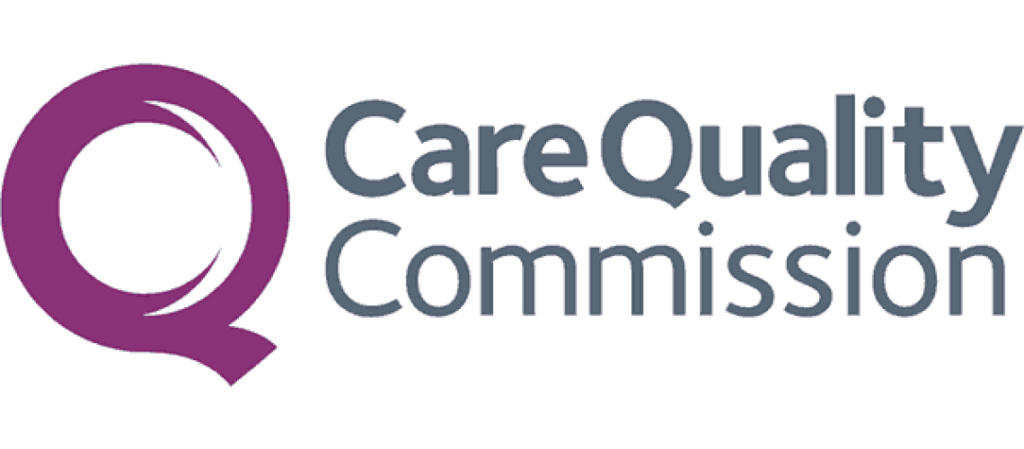Meniscus
Meniscus treatment targets damage or tears to the knee’s cushioning cartilage, helping to restore mobility and reduce pain.

At a glance
About
Tears to the meniscus are common knee injuries, particularly in athletes and active individuals.
Effective
Referrals
Not Needed
Booking
Instant-book option available
Cost
-
Lincolnshire £ 12500
Nature of meniscus treatment
Meniscus treatment focuses on repairing or managing damage to the cartilage within the knee joint. Depending on the type of tear and its location, treatments can range from conservative measures to surgical repair. Minimally invasive arthroscopic surgery may be used to trim or stitch torn cartilage. In select cases, regenerative therapies may be applied to support healing and slow cartilage degeneration.
Common causes of meniscus injury
Meniscus injuries are typically caused by:
Sudden twisting or pivoting: Often during sports or high-intensity activities.
Degeneration: Wear and tear over time, especially in older adults, can lead to thinning or fraying of the meniscus.
Direct trauma: A blow to the knee or forceful impact may tear the cartilage.
Kneeling or squatting: Repetitive pressure on the knee joint can increase the risk of injury.
Poor biomechanics: Misalignment or muscle imbalances may place excess strain on the cartilage.
Diagnosing suitability for meniscus treatment
Diagnosis begins with a clinical assessment of symptoms such as joint pain, swelling, clicking, or locking. Physical exams are used to test the range of motion and identify mechanical symptoms. Imaging, typically MRI, is used to confirm the presence, location, and severity of the meniscus tear. Suitability for treatment depends on the type of tear, patient age, activity level, and the presence of other knee conditions. A tailored treatment plan is then developed to meet individual recovery goals.
Suitable for
Meniscal tears

Cartilage degeneration within the knee

Treatment overview
Meniscus treatment is designed to relieve symptoms, restore joint stability, and preserve knee function. Depending on the severity and location of the tear, treatment may involve minimally invasive procedures to repair or remove the damaged portion of the cartilage. In some cases, biologic or regenerative therapies are used to encourage healing and support tissue recovery. The goal is to reduce inflammation, alleviate pain, and maintain the knee’s natural movement. Early intervention can prevent the progression of joint damage and support long-term knee health.
The meniscus is a C-shaped cartilage in the knee that acts as a shock absorber between the thighbone and shinbone. Tears to the meniscus are common knee injuries, particularly in athletes and active individuals.

Benefits

Reduces pain and swelling

Improves knee joint stability

Preserves natural knee function

Supports long-term cartilage health

Minimally invasive options available
How to Pay
We offer a range of flexible payment options to make your treatment experience smooth and stress-free.
Paying for Yourself (Preferred Option)
Most patients choose to self-fund their treatment. We accept:
- Bank Transfers
- Credit/Debit Cards
- Cash (in person only)
Instalment Plans
We’ve partnered with GoCardless to offer interest-free instalment options. You can easily set up a Direct Debit to spread the cost of your treatment over time.
Finance Options
Looking for a financing plan? You can apply through Kandoo, our trusted finance partner.
- Instant online decision
- No impact on your credit score
- Multiple lenders for competitive rates
Private Medical Insurance (Limited Availability)
We work with a small number of approved insurance providers. However, due to restrictions from many insurers, not all treatments are covered. Please check with your insurer and speak to our team before booking to avoid disappointment.
The booking process
Online booking/call
Use our Calendly to book an initial consultation, or give us a call.
01
Consult
If you are a new patient, our doctors might arrange a consultation before treatment.
02
Treatment
You will be booked in for treatment.
03
Follow up
Our doctors might arrange a follow-up consultation, to check your response to treatment.
04
Discharge
Once your doctor is happy with your recovery, you will be discharged. After discharge, we are always here for further questions or support, should you need it.
05
Frequently Asked Questions
Can a meniscus tear heal on its own?
Small tears, especially in younger patients and in areas with good blood supply, may heal without surgery. Others may require intervention.
Will I be able to walk after meniscus treatment?
Yes, most patients can walk shortly after treatment, but full recovery and return to sport may take several weeks depending on the type of treatment.
Schedule A Discovery Call With Us
Don’t wait to find relief. Whether it’s a consultation, scan, or treatment, we’re ready to help.






